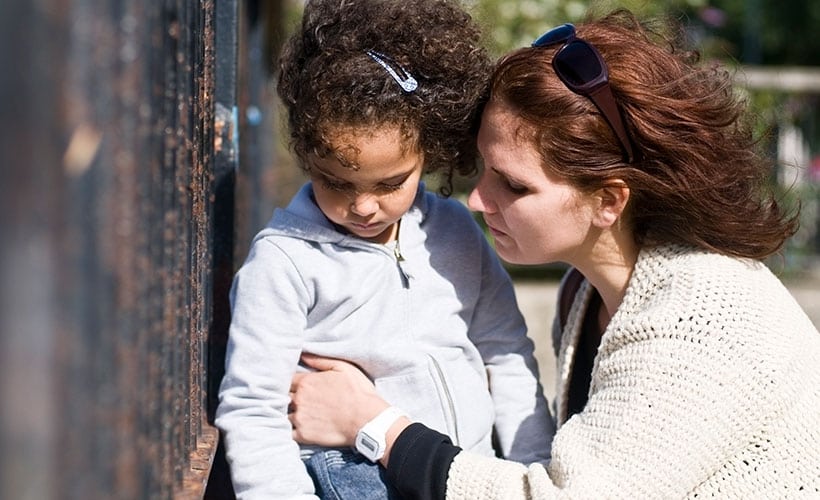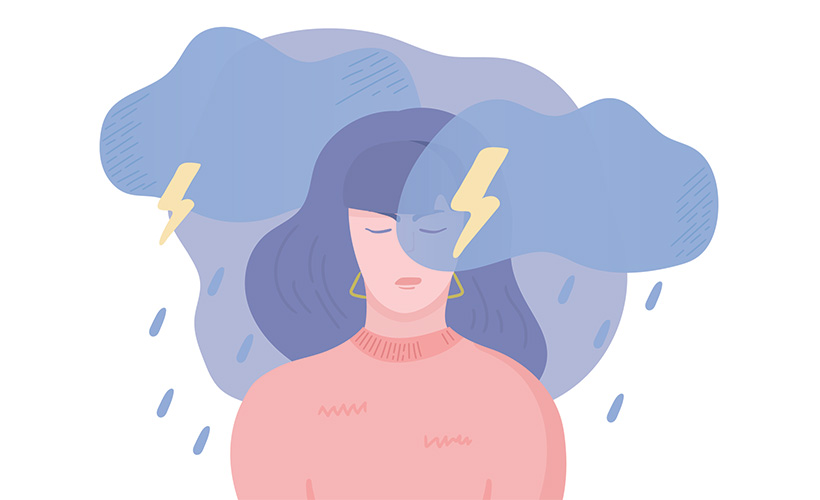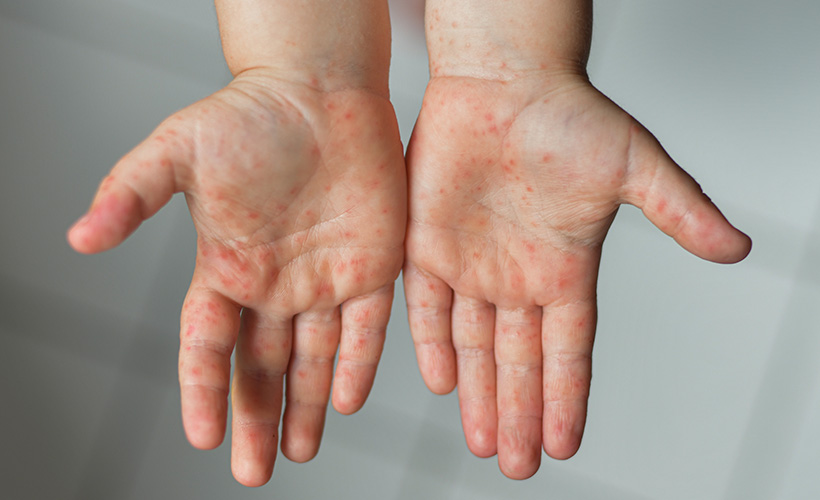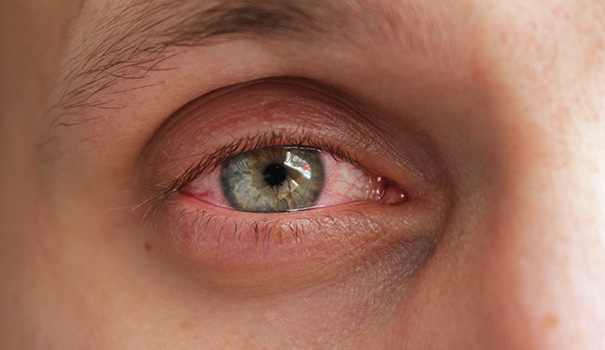Mental Health
The New Zealand Mental Health Survey cast some light on the make-up of mental illness in our country. Females are more likely to suffer from anxiety disorders, major depression and eating disorders, with men more likely to have more problems with substance abuse. Pacific Island and Maori have a higher prevalence of mental health issues compared with other groups of New Zealanders. People with mental health disorders often suffer from more than one disorder.
Common mental health conditions include anxiety, depression, schizophrenia, bipolar disorder and personality disorder.
Anxiety
Whenever we encounter stress our body undergoes rapid change to allow us to stay and fight, or flee, from the perceived threat. Stress hormones such as adrenaline surge through our veins, priming us with extra speed and strength to avoid danger. Heightened sensory awareness of danger is part of this stress response. Anxiety sufferers experience this same heightened awareness and physical change associated with the “fight or flight” response.
With anxiety, our mental focus becomes fixated on perceived threats, real or otherwise. Feelings of mental and physical tension, nervousness, worry and perhaps a sense of impending dread can lead to us feeling panicky and frightened. Along with the mental fretting may come physical symptoms such as a pounding or palpitating heart; dizziness; dry mouth; stomach pain; frequent bowel motions; shaking; and chest pain or tightness. Anxiety may cause problems with sleeping and concentration, and cause restlessness, irritability and fatigue. Anxiety can often cause sufferers to live in an increasingly restricted world, as they avoid more and more situations they fear.
Overestimating the threat plus underestimating our ability to cope equals anxiety.
Types of Anxiety
There are several different types of anxiety disorders including:
- Generalised Anxiety Disorder (GAD) – exaggerated worry and tension with little or nothing to provoke it. Anticipation of disaster and over-concern with health issues, money, family problems or difficulties at work. With GAD comes physical symptoms of anxiety, as described above.
- Social Phobia – anxiety triggered by social contact. The thought of being in social situations can trigger acute anxiety or a panic attack.
- Agoraphobia – fear of being alone or in places where help may not be available. This usually accompanies other forms of anxiety such as GAD or panic disorder.
- Panic Disorder – anxiety which triggers panic attacks with symptoms of acute, crushing anxiety, difficulty breathing, palpitations and racing heart; stomach upsets and diarrhoea and hot flushes.
- Obsessive Compulsive Disorder (OCD) – when thinking becomes obsessive and behaviour compulsive. For example, obsessive fear of germs leading to compulsive hand washing dozens of times a day.
- Post Traumatic Stress Disorder (PTSD) – this chronic anxiety condition can affect anyone who has experienced a severe mental or physical trauma. Flashbacks, night terrors, generalised anxiety, and guilt about survival are all common.
Depression
Depression is more than “the blues”. Everyone can have times of feeling down, sad or flat, but these feelings usually pass in a week or two. Sometimes though, these feelings become so strong and long-lasting (taking months rather than weeks) that they’re diagnosed as depression. Other common symptoms of depression include:
- Feelings of unhappiness
- Lack of joy in everything
- Loss of interest in life and inability to make decision
- Fatigue, restlessness and agitation
- Changes in weight and appetite – may be lack of appetite and weight loss or the opposite
- Sleep disturbance – difficulty getting to sleep and then early waking
- Lack of libido
- Lack of self-confidence
- Avoidance of people and social situations
- Generally feeling worse in the morning
- Physical symptoms such as frequent headaches, aches and pains.
What Causes Depression?
Depression is triggered by a loss of some kind such as the death of a relative or close friend, marriage break-up, or redundancy. This is called reactive depression and it can resolve spontaneously over time. Or it can be severe and persistent and need active treatment. This is especially likely for people who are socially isolated, have high stress levels, have other worries or who are physically exhausted. Chronic physical illness such as cancer or arthritis can trigger depression, as can viral infections such as glandular fever in young people.
Heavy alcohol consumption can increase our risk of depression, as can a family history of the illness. Hormonal imbalance after childbirth can lead to post-natal depression. Sometimes there are no outside triggers, and this kind of depression is called endogenous depression. Bipolar disorder can be associated with profound depression and can run in families.
Depression is caused by several factors working together, including an imbalance of neurotransmitters in the brain such as serotonin.
Prevention and Treatment
- See your doctor
First try to ensure that there is not an underlying physical condition such as hyperthyroidism causing your anxiety, or hypothyroidism contributing to depression. Iron deficiency anaemia or low B12 or folic acid levels can also lead to feelings of low mood.
- Avoid foods which may increase anxiety
These include caffeine, alcohol and sugar. Eat a balanced diet with low glycaemic index carbohydrates (fruits, vegetables, wholegrains, lentils, beans and legumes) and avoid high GI carbohydrates which cause blood sugar swings (refined flour, sugar, sweetened foods, fizzy drinks). Never skip breakfast, and eat a small nutritious snack mid-morning and mid-afternoon. Choose from fresh fruit, nuts and seeds, natural yoghurt or a protein shake. This will help to keep your blood sugar at an optimum level. Low blood sugar can aggravate feelings of anxiety.
- Learn to breathe properly
Anxiety often causes rapid, shallow, upper chest breathing which worsens the feelings of anxiety. Yogic breathing, or relaxing deep breathing is an important skill to learn to help dissipate feelings of anxiety, or prevent a panic attack. Practicing mindfulness or meditation can be very helpful in learning to restore calm in your body. Aeorobic exercise also helps. Studies show that daily aerobic activity such as brisk walking, jogging, swimming or cycling, can effectively treat mild to moderate depression. Aim for 30 minutes daily.
- Before the anxiety comes the fearful thought
Counselling is a critical component of treatment and can be successful in its own right. Cognitive Behavioural Therapy is a form of psychotherapy that teaches you how to recognise and change your thinking patterns, to effectively reduce anxiety and panic attacks.
- Medication may be needed to treat anxiety, panic attacks or depression
Most commonly SSRI antidepressants are used and sometimes tranquillisers are prescribed. Benzodiazepine tranquillisers are highly addictive and are intended for short-term use only.
For more on Depression visit depression.org.nz

















Community